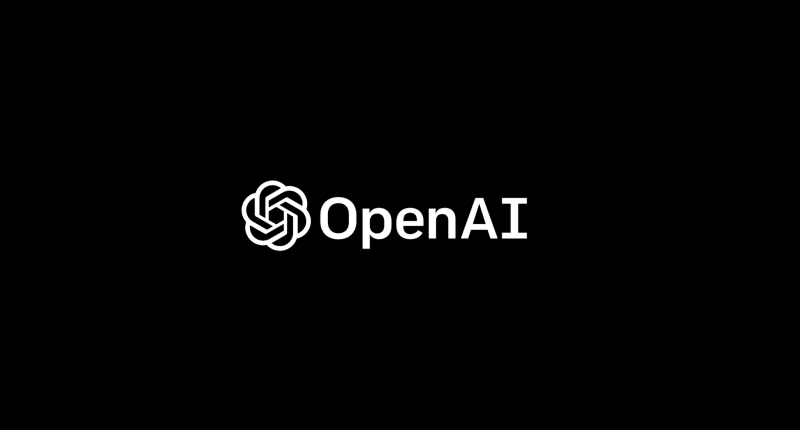OpenAI has announced a major change to its corporate structure, opting to maintain oversight by its nonprofit parent while converting its for-profit subsidiary into a Public Benefit Corporation (PBC). The nonprofit will hold significant equity in the PBC, ensuring that as the company grows, resources are allocated to initiatives in healthcare, education, and scientific discovery.
The newly designated PBC will still be able to attract investments, but it will be legally obligated to consider broader social impacts alongside profit. According to the company, it will continue refining its restructuring plan through ongoing discussions with regulators, Microsoft, and its newly appointed nonprofit commissioners. Last month, OpenAI appointed Dolores Huerta, Monica Lozano, Robert Ross, and Jack Oliver as advisors to its newly formed nonprofit commission.
“We made the decision for the nonprofit to retain control of OpenAI after hearing from civic leaders and engaging in constructive dialogue with the offices of the Attorney General of Delaware and the Attorney General of California,” the ChatGPT maker said in its statement.
The latest decision follows a period of internal and external debate, including a lawsuit from co-founder (now competitor) Elon Musk, who argued that the shift towards a for-profit model contradicted OpenAI’s original purpose. In response, the AI firm filed a countersuit against Elon Musk in April 2025, accusing him of harassment and employing ‘bad-faith tactics.’ The lawsuit seeks to halt Musk’s alleged harassment, as well as hold him accountable for the damage OpenAI claims he has already inflicted. The company has argued that this transition is necessary to secure up to $40 billion in new funding.
Notably, back in March 2025, the Microsoft-backed company closed a record-breaking $40 billion private funding round, with SoftBank Group leading the investment at a valuation of $300 billion. The Japanese investment giant contributed the bulk of the financing (nearly 75%). As part of the deal, investors committed to providing $10 billion in mid-April, followed by an additional $22.5 billion in December. However, SoftBank has made it clear that if OpenAI does not convert to a for-profit entity by December 31, its total investment could be scaled back to $20 billion.
Meanwhile, the latest development comes at a time when OpenAI reportedly projected internally that its revenue will more than triple in 2025, reaching $12.7 billion (up from $3.7 billion in 2024). Previously, the Sam Altman-led company announced in February 2025 that it had surpassed 2 million paying business users. Its popular AI chatbot – ChatGPT – also reached 500 million weekly users in April 2025. According to reports, the company expects its revenue to more than double in 2026, reaching $29.4 billion, and projects that by 2029, its revenue will exceed $125 billion.
The Tech Portal is published by Blue Box Media Private Limited. Our investors have no influence over our reporting. Read our full Ownership and Funding Disclosure →






